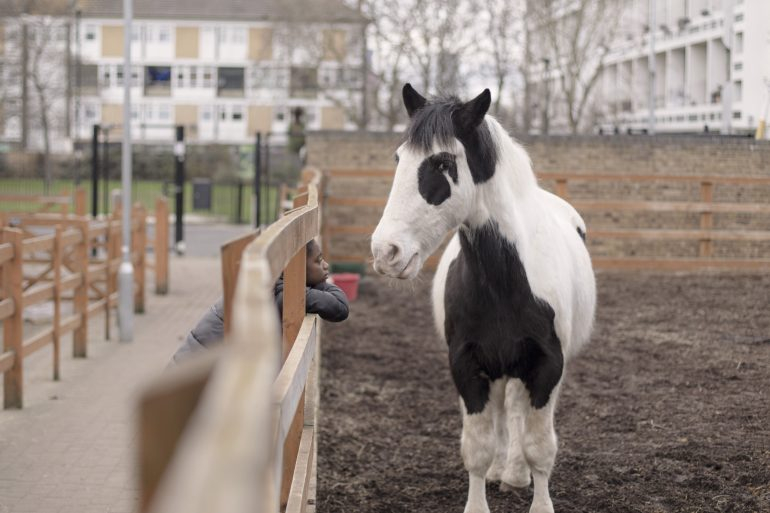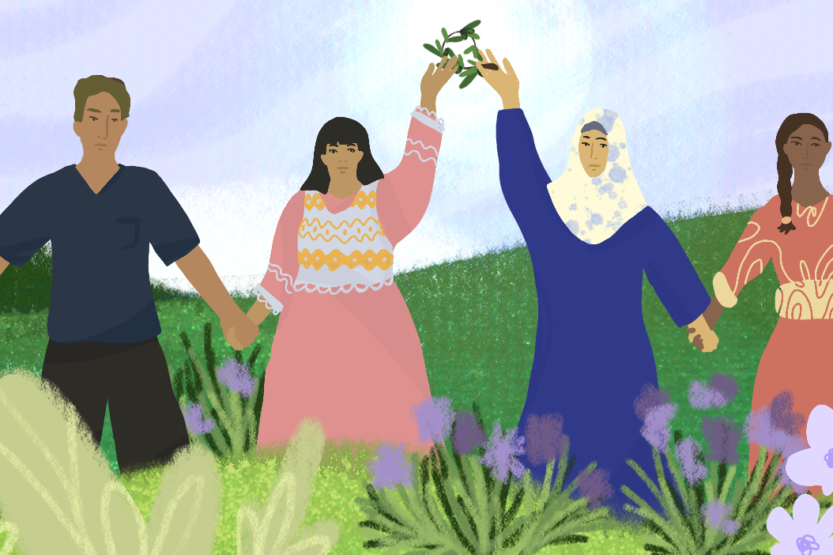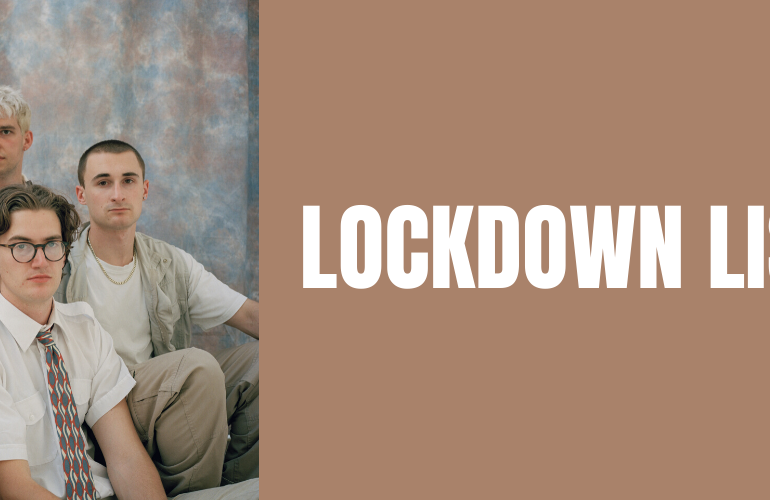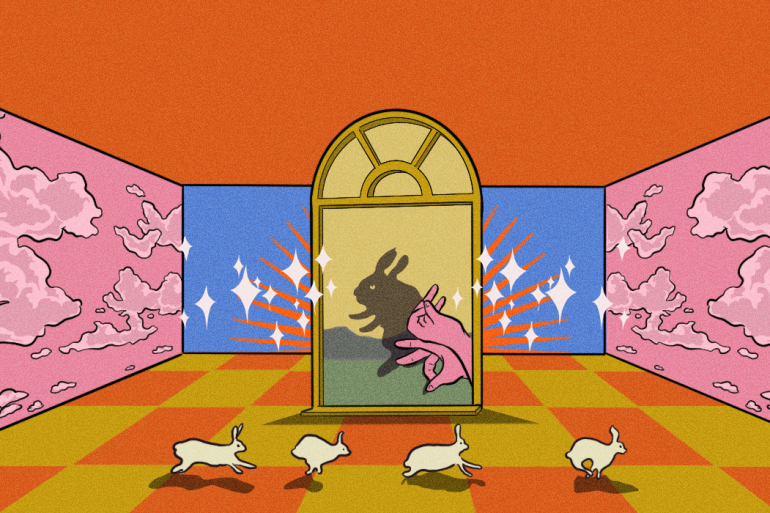Angela Camacho, the ‘Bonita Chola’, is an incredible soul who fights for the rights of indigenous and Latinx communities from all across London and onwards: to her territory, now called Bolivia, and to throughout Latin America. While she is someone whose trust you need to earn, rather than expect, she certainly seems to have touched the hearts of Latinx communities across London; the first day we met her, in Brixton Village, we must have stopped to say Hi to at least ten different passers-by, not to mention the owners of the Colombian restaurant we eventually sat down to drink coffee at. And just last week, at the Save Latin Village Campaign in Tottenham’s Grow, she had hordes of people coming up to her and congratulating her on the beautiful altar she had constructed in the gallery space; a space of learning about the uprisings all over Latin America.
Angela is featured in shado’s second issue – though you probably wouldn’t know. In fact, there must be hundreds of articles written about Angela and her work as a community organiser, artist, bruja and “indigenous-ancestor-in-the-making”, but being driven by an acute humbleness means she is rare to talk about her achievements – so we’ll do it for her.
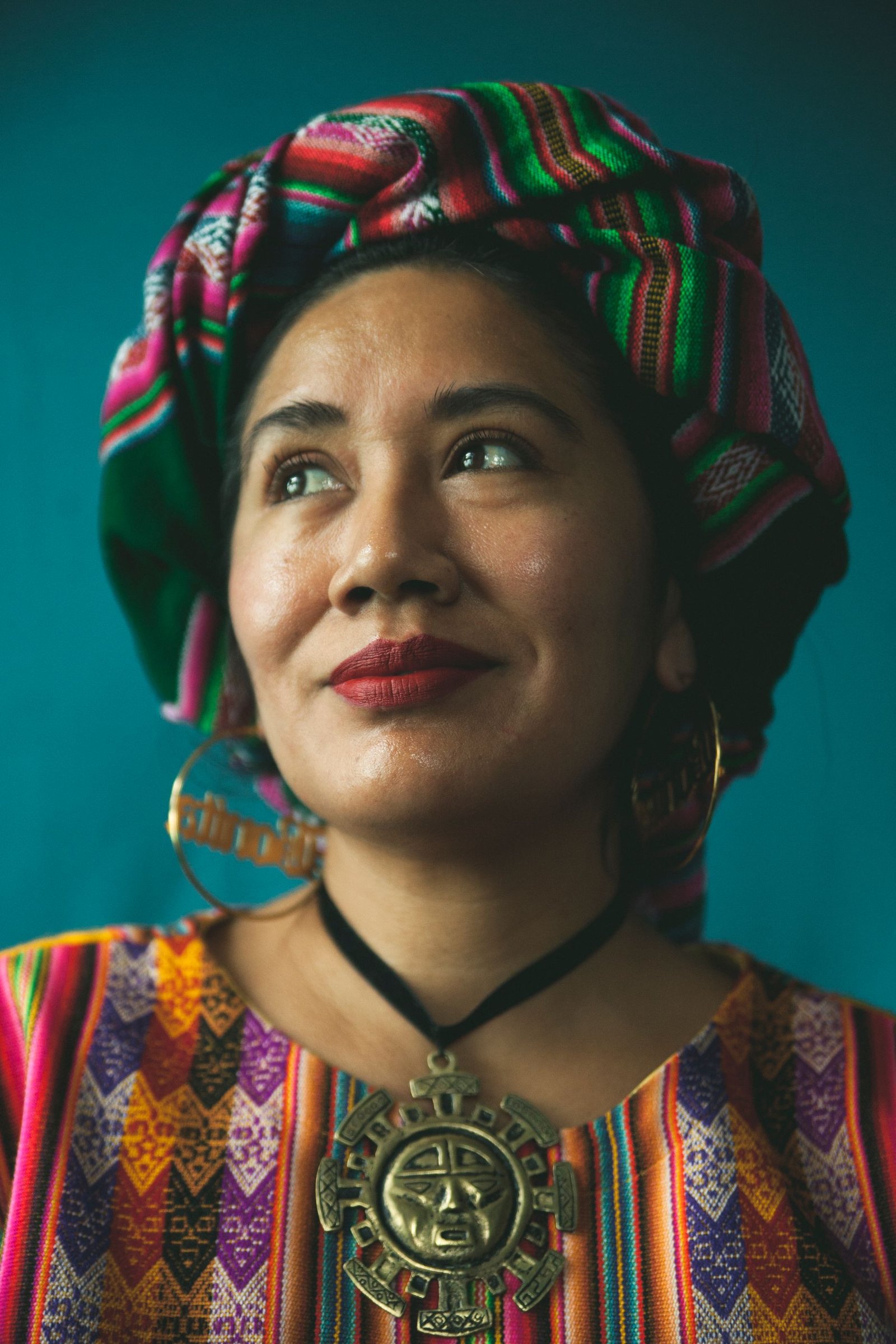
What changes do you believe are needed within the spaces you work?
I feel deeply that the mentality of white supremacy is at the top of my list of things to change. Onwards, it will affect everything all around us. Maybe it will be a slow change that we won’t see in our lifetimes, but it’s an issue we have been tackling for over 100 years – and recognising that it is in every single space is key. Recognising that we carry white supremacy in ourselves as rationalised people, and that it will dictate the powers that rule in the world we are living in unless we make a change.
What change do you see yourself contributing to?
Recently, I’ve been learning how I am accountable to people on the frontline in my territory (now called Bolivia). The change that I feel I’m bringing is that I’m giving a voice, somehow, to these people – to my siblings back home, voices that would never have been heard here in the global north. The national media block in Bolivia is very real and it is very strong. I am trying to bring those voices and amplify them here in the UK to bring about change. I feel very humbled that people in Latin American have been contacting me just to their voices so I am very intentional in my commitment to that.
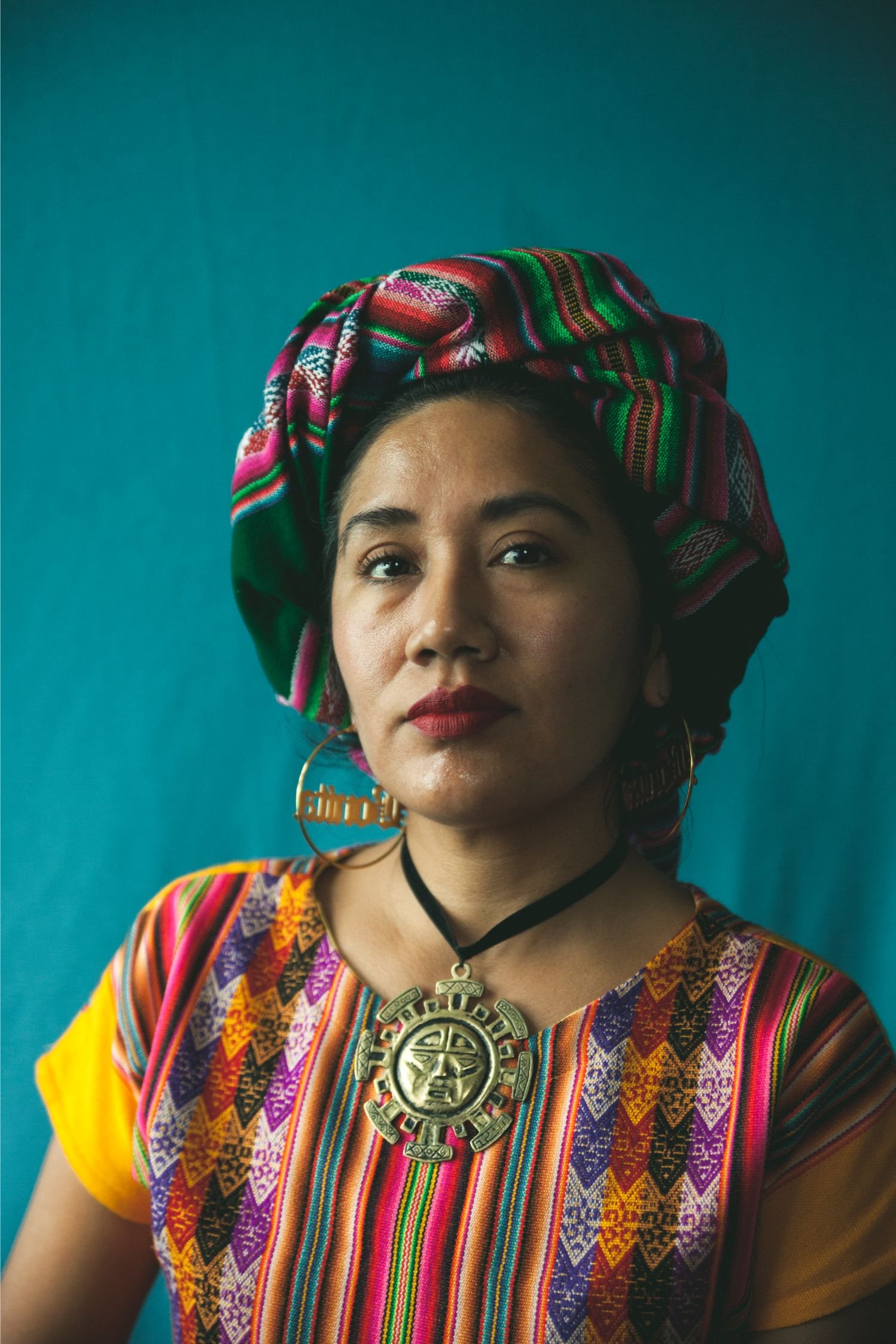
What do you believe is the importance of grassroots activism in making change at a broader level?
I believe in the importance of us being accountable to people on the frontline: to let them be the voice and the lead of the movement in whatever struggle we are trying to dismantle and fight.
Especially living here in London, we need to be accountable to those voices and to uplift and amplify and support them – that is key.
I’ve also been in Wretched of the Earth since its beginning. Lots of my friends call me a founder, whatever that means… but, for me – and maybe it’s because I’m not from within the NGO world – those words are hollow. They don’t resonate with me. I’ve been there from the beginning, yes, but sometimes I question myself as to what my role is. I’m not an academic; I haven’t finished high school, I don’t know how to write proper English or Spanish. So, sometimes I think I hold a bigger space in the healing and humbleness aspect of Wretched of the Earth, and in the connection in being accountable as well.
In the last Build the Power event we hosted, I facilitated a workshop about reconnecting with your ancestors. Maybe I don’t have the vocabulary to express what my role is in Wretched of the Earth, but I think I carry with me the long memory of our people back home. I wasn’t even born in my territory, I was born in Argentina – but we emigrate with our territories with us; our skin is an extension of that territory. We claim sovereignty wherever we walk. That is why I feel the pain of my land so deeply. We carry that trauma of colonisation: it is in our origins. Sometimes, though, I’m learning these memories along the way – because when you are an Indigenous person, your access to your own culture and roots have been subject to gatekeeping by colonial strategies for so many years. What I bring to the grassroots movement of Wretched of the Earth is the legacy of being able to know that we can’t keep resisting or fighting without healing.
What are your biggest successes of 2019?
I depends what success is!
I practice humbleness – it is something I have been practicing for many years, it is part of El Buen Vivir.
These are teachings from our indigenous ancestors on how to “live good”, and one of these things is humbleness. Perhaps that is why I don’t really know how to self-promote, and maybe I need to learn how to do that. I think, also, it’s difficult for me because there are colonial legacies there that force me to think I always need to be grateful. There’s a very thin line between humbleness and gratefulness, I guess.
I think my biggest success this year was focusing on rest; focusing on my son; focusing on healing and in taking time for myself. This year, I’ve been doing a lot of work, but I haven’t burned out – that might be my biggest success. Being an organiser and a grassrooter, that’s a big deal, and I live and breathe it – but I have managed to balance it.
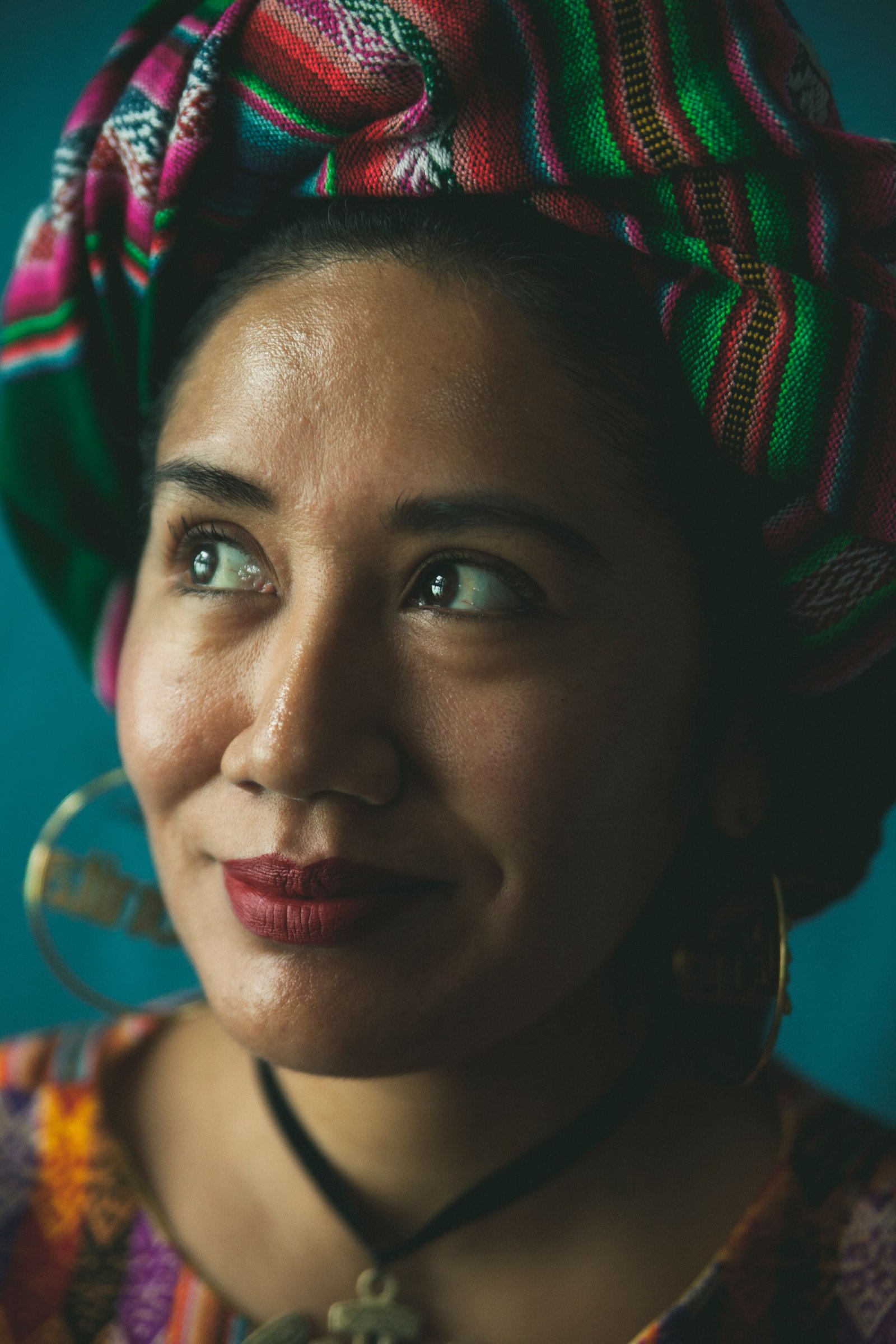
Finally, what are you excited for in 2020?
I’m being very intentional in spending time with my son. I’ve realised that everything I do, and talk about, means nothing if I’m not passing this legacy to my kid. I say I’m trying to be the best ancestor that I can be, but then I’m not doing the work with my son because I have a lack of capacity or a lack of time. I work a lot, and the downside is that, that sometimes I neglect the relationship with my son. I give him the basics; shelter, food, clothes and so on – but sometimes I deeply lack in the quality of time that I spend with him. My son is my legacy and he needs to keep on learning that he is an indigenous descendant, so that will be my priority for 2020.

Interview carried out by Hannah Robathan and Isabella Pearce, co-founders of shado



